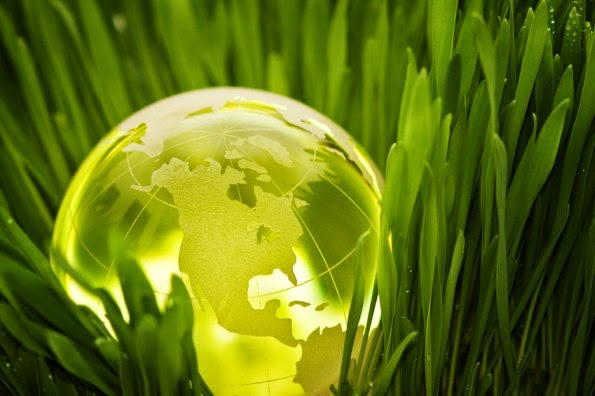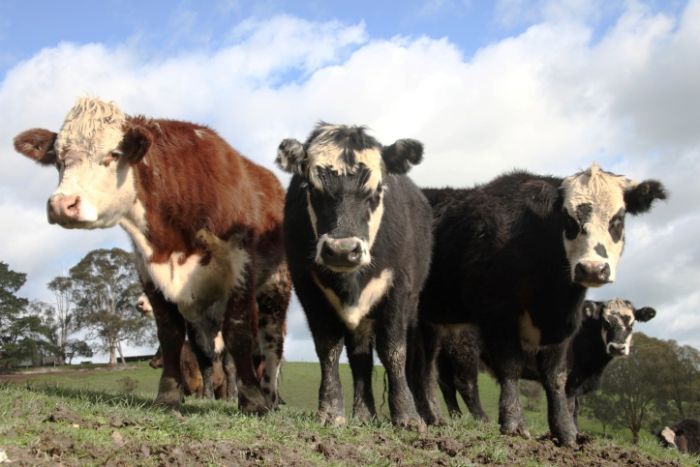
The International Energy Agency expects urban growth demands to double road and rail travel by 2050, causing significant strain on public transport infrastructure.

Even as the capabilities of self-driving cars continue to evolve, it is not a given that consumers will choose to buy one. What is equally likely is that autonomous vehicles will transform the automotive industry entirely.

A mix of technology and big data analysis will help deliver new services to millions of urban dwellers around the world.

Representatives from 47 of the world's most disadvantaged nations have pledged to generate all their future energy needs from renewables.

As climate scientists forecast the dire consequences of global warming, and renewable energy becomes cheaper and cheaper to produce, there's a growing movement to create a global power grid fueled by clean energy.

Germany's coalition government has come together on an action plan to reduce greenhouse gas emissions by 80 to 95 percent by the year 2050.

As the population grows over the next 20 years half the world will be left malnourished, an independent panel of experts on food and agriculture warns.

The success of London in 2050 will be measured by its environment. Will Londoners experience the city as spacious, efficient, healthy, and resilient? Or will they experience it as overcrowded, dysfunctional, stressful and insecure?

As green building increasingly becomes the norm, some savvy developers and owners and looking to the next phase of green building: healthier buildings that improve employee wellness.

Sweden is on its way to being zero waste - and it transforms much of its trash into sustainable energy.

According to a new electro-mobility roadmap study, Singapore could achieve its goal of 50 percent electric vehicles by 2050 with the right policies in place.

WGBC has launched a groundbreaking project that will ensure all buildings are ‘net zero’ by 2050, in its bid to help deliver on the promise of the Paris Agreement to reduce global greenhouse gas emissions.

An 18-month review into antimicrobial resistance warns that superbugs will kill upwards of 10 million people a year by 2050, a frightening prospect that's being described as "the antibiotic apocalypse"

This past weekend Germany generated so much electricity from renewable sources like solar and wind that suppliers effectively paid users to consume energy.

A vegetarian diet and lower meat consumption could be the key to meeting global food demands without clearing more forests for farmland, according to new research.